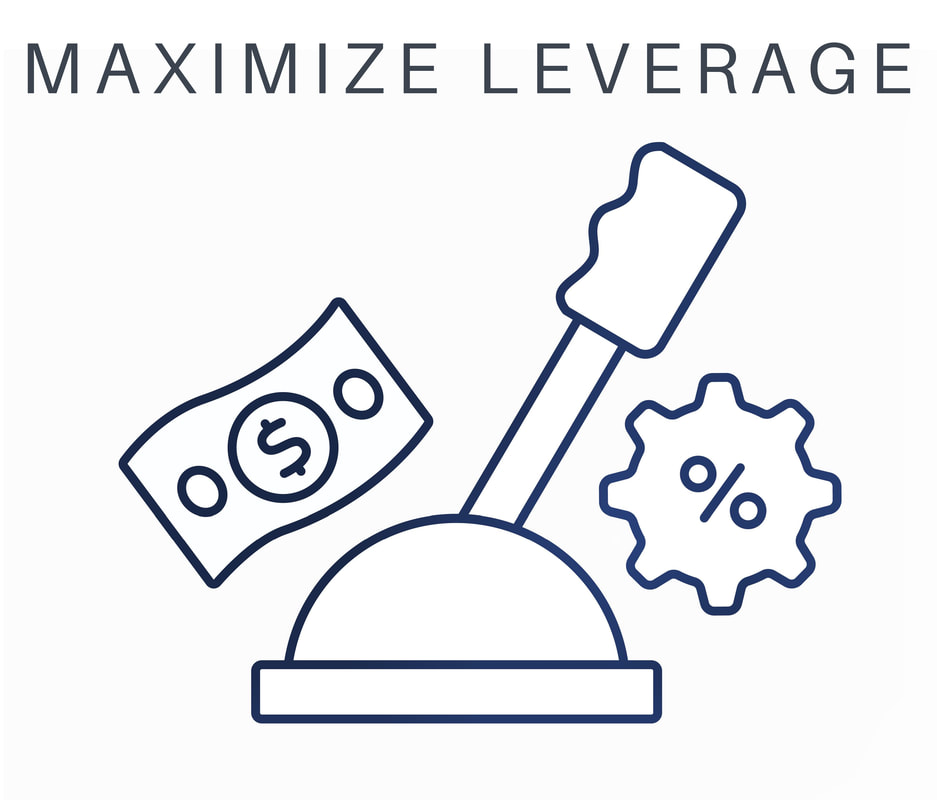|
As tenant representatives we are often asked by our clients what the difference is between a Request for Proposal (RFP) and a Letter of Intent (LOI).
Reduce Misunderstandings The RFP and LOI are very similar in that both are merely a discussion of some of the business terms and conditions that a tenant and landlord will need to reach agreement on in advance of executing a commercial lease agreement. The terms and conditions may include but not be limited to:
Maximize Negotiating Leverage RFPs are submitted by tenant brokers on behalf of tenants and are often presented in the earlier stages of lease negotiations. LOIs tend to be submitted or exchanged by either tenants or landlords and their brokers closer to final lease negotiation. It is not uncommon for a tenant broker to submit an RFP to a landlord, and the listing broker to respond by presenting an LOI as their response. The most significant difference is that a Request for Proposal is a signal from the tenant to the landlord you are considering multiple alternatives and are asking them to put forth their best offer. Submitting RFPs and getting proposals from a select few number of buildings will give you an “apples-to-apples” comparison of alternatives and help you negotiate the most competitive terms and conditions possible with the landlord. There is no negotiation leverage without options and the ability to walk. Unlike the RFP, when a tenant initiates a Letter of Intent, it is a declaration that the tenant intends to enter into a lease with the landlord for their specific premises. Landlords know that nearly all tenants that initiate lease negotiations by submitting a Letter of Intent have vetted their short list and will end up leasing their space. As tenant representatives we represent commercial tenants only. Never landlords. We utilize RFPs to develop a Plan B in case we are unable to work out an agreement with the landlord. If you don’t put landlords on notice that you are considering other options by submitting a Request for Proposal, you’ve lost the ability to maximize your negotiating leverage. |
Archives
June 2024
Categories
All
|


 RSS Feed
RSS Feed